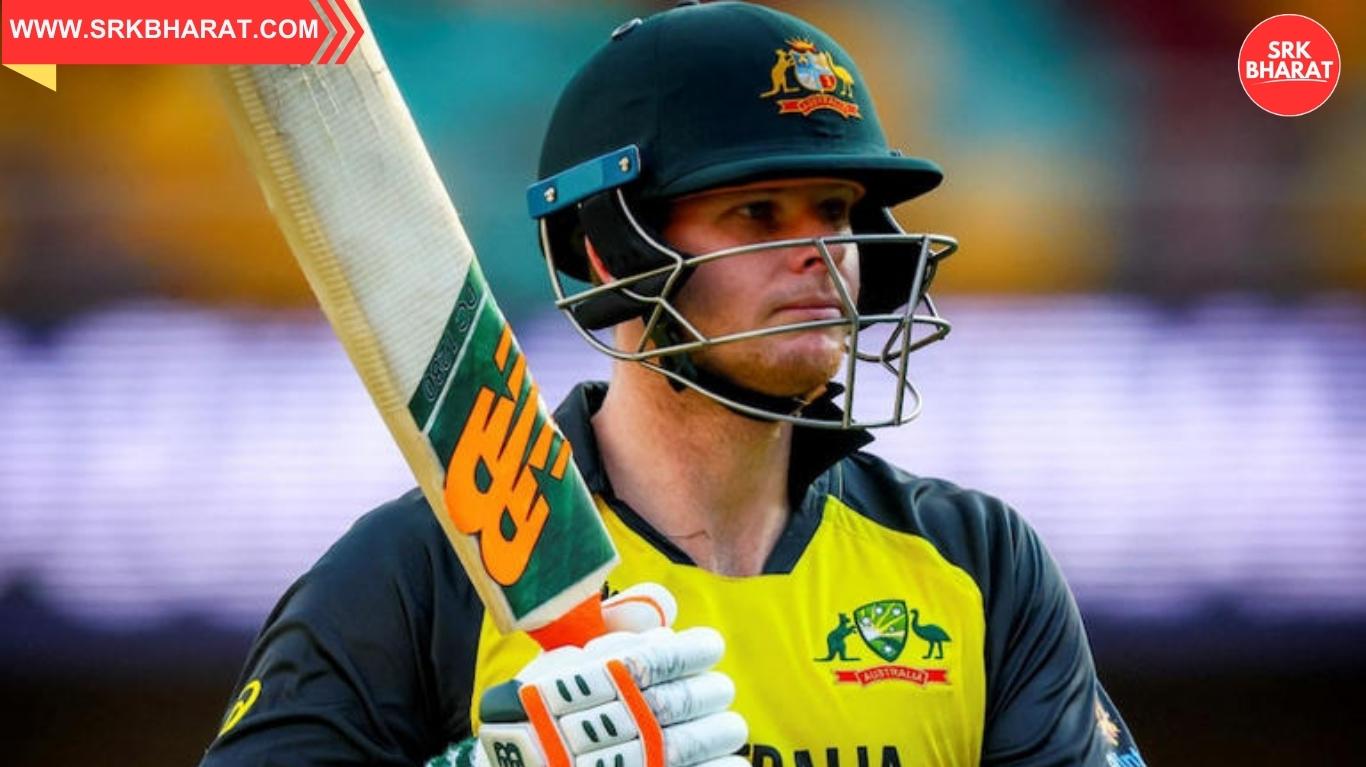The International Cricket Council (ICC) has introduced significant changes to playing conditions in men’s international cricket, including a revised two-ball rule in ODIs and stricter concussion substitute protocols. These updates, recommended by the ICC Men’s Cricket Committee, will take effect from June 17 for Tests, July 2 for ODIs, and July 10 for T20Is.
Key Changes in ODI Playing Conditions
- Two-Ball Rule Modification:
- ODIs will continue using two new balls, but only until the 34th over.
- From overs 35 to 50, teams must select one of the two balls to continue bowling from both ends.
- If an ODI is reduced to 25 overs or fewer, only one new ball will be used.
- The ICC aims to readdress the balance between bat and ball, addressing concerns over high-scoring ODIs where bowlers struggle with reverse swing and grip.
Stricter Concussion Substitute Protocols
- Teams must pre-name five concussion substitutes before the toss:
✅ One wicketkeeper
✅ One batter
✅ One seam bowler
✅ One spin bowler
✅ One all-rounder - If a concussion substitute also gets injured, the match referee may approve a replacement from outside the initial five, following like-for-like eligibility protocols.
Additional Amendments
- The MCC’s “bunny hop” catch outside the boundary has been disallowed, ensuring cleaner dismissals.
Future Outlook
These rule modifications aim to enhance fairness and competitiveness in ODIs while ensuring clear concussion replacement guidelines.












согласование перепланировок согласование перепланировок .
рейтинг seo агентств рейтинг seo агентств .